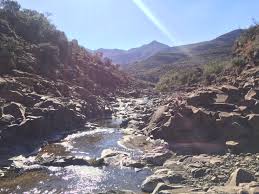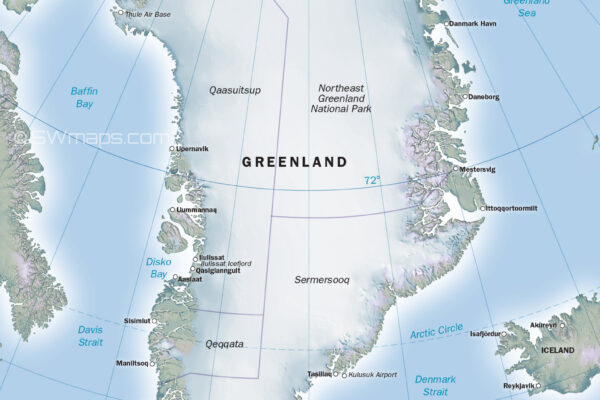Discovering Lesotho: Culture, Challenges, and Current Events

Introduction
Lesotho, a small landlocked country surrounded by South Africa, is known as the “Kingdom in the Sky” due to its towering mountains and rugged terrain. Covering an area of approximately 30,355 square kilometres, it is predominantly mountainous, which not only defines its landscape but also influences its climate and agriculture. Understanding Lesotho is essential in appreciating its unique cultural heritage, economic challenges, and the socio-political dynamics at play in the region.
Current Events and Challenges
In recent months, Lesotho’s government has faced political instability, highlighted by a series of protests and calls for electoral reform. Following the 2022 general elections, opposition parties have accused the ruling coalition of election irregularities, which has resulted in widespread discontent among the populace. Amidst this backdrop, Prime Minister Sam Matekane has taken steps to engage in dialogue with opposition leaders to quell civil unrest and promote a more transparent electoral environment.
Furthermore, Lesotho is grappling with significant socio-economic issues, including high unemployment rates and widespread poverty. According to the World Bank, around 40% of the population lives below the national poverty line, and the economy heavily relies on remittances from Basotho working in South Africa and agriculture. The government’s recent initiatives to boost local production and attract foreign investment are being closely monitored as potential solutions to these long-standing issues.
Cultural Heritage and Tourism Potential
Despite the challenges, Lesotho is rich in cultural heritage, with a population that boasts a unique blend of traditions influenced by its history and mountainous geography. The Basotho people maintain vibrant cultural practices, including traditional music and dance, pottery, and weaving. Additionally, Lesotho’s natural beauty, characterised by breathtaking landscapes such as the Maluti Mountains and Sehlabathebe National Park, presents significant potential for tourism development. Recent efforts to enhance infrastructure and promote eco-tourism could provide crucial economic opportunities if effectively implemented.
Conclusion
Lesotho’s journey towards political stability and economic improvement is one that deserves global attention. As the nation navigates its unique challenges, stakeholders both domestically and internationally are looking for signs of progress – whether it be through political reforms, economic innovations, or cultural preservation. In the coming years, how Lesotho addresses these issues will be pivotal not only for its citizens but also for the region’s stability and development.
You may also like

Understanding the Current Political Landscape in the UK

Understanding the Significance of the Greenland Map

Discovering the Beauty and Culture of Norway
SEARCH
LAST NEWS
- Remembering Wendy Richard: The Promise to Co-Star Natalie Cassidy
- How Did Anglian Water Achieve an ‘Essentials’ Rating for Mental Health Accessibility?
- Shai Hope Leads West Indies in T20 World Cup Clash Against South Africa
- What We Know About Weston McKennie: Future at Juventus and Past at Leeds
- What We Know About the Upcoming Live Nation Antitrust Trial